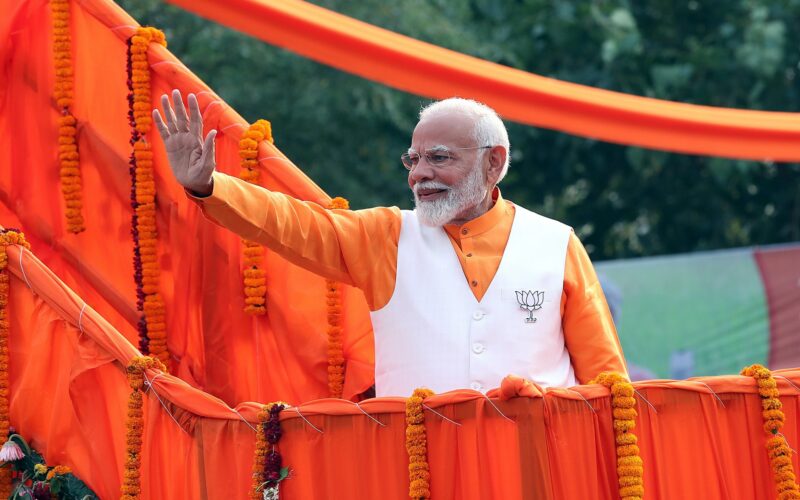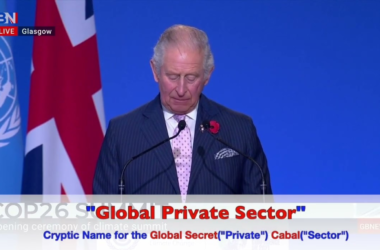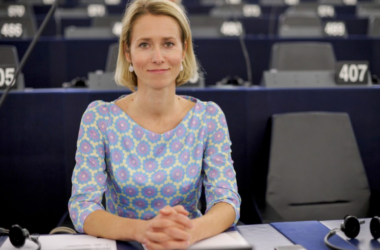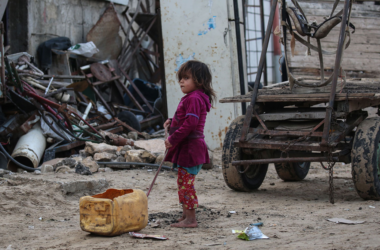Former Pakistani Information Minister Fawad Chaudhry did not anticipate that his three-word post on the social media platform X would inject Pakistan into India’s heated election campaign. On May 1, he wrote, “Rahul on fire …” while sharing a video of Rahul Gandhi, an Indian opposition leader, criticizing Prime Minister Narendra Modi’s ruling Bharatiya Janata Party (BJP).
Chaudhry’s post, which coincided with India’s extensive election process spanning seven voting days from April to June, quickly went viral, garnering over 1.8 million views. It received significant engagement, including 1,800 retweets and over 1,500 replies.
One notable response came from Amit Malviya, head of the BJP’s information technology wing, who accused Chaudhry of supporting Gandhi. Malviya questioned if Congress was planning to contest elections in Pakistan, suggesting that the party had a historical connection with the Muslim League, which played a key role in Pakistan’s creation.
Prime Minister Modi referenced Chaudhry’s post in an election rally, asserting that Pakistani leaders were endorsing Congress, and reiterated the sentiment that Congress was aligned with Pakistan.
Since Chaudhry’s post, Pakistan has featured prominently in speeches by Modi and senior BJP leaders, including Home Minister Amit Shah. They have used Pakistan as a focal point to criticize the opposition and showcase their strong stance on national security.
Modi has accused the opposition alliance, INDIA, of supporting Pakistan and downplaying accusations of terrorism against it. This marks a sharp shift from earlier campaign phases where Pakistan was not a significant theme.
Chaudhry expressed surprise at the intense reaction his post received, particularly from Modi. Pakistan’s government has criticized Modi and Shah’s comments, describing them as exploiting hyper-nationalism for electoral gain. The Ministry of Foreign Affairs issued a statement condemning the “bravado and jingoism” of Indian leaders, suggesting it undermines India’s strategic responsibility.
The involvement of Pakistan in Indian elections is not new, with past campaigns also featuring it prominently. India and Pakistan have had a fraught relationship since gaining independence in 1947, having fought three major wars and frequently clashing over the disputed Kashmir region.
The BJP’s 2019 election campaign also focused on Pakistan, especially after a suicide attack in Kashmir led to cross-border military actions. This nearly brought the two nuclear-armed nations to war weeks before the elections.
This year, however, some analysts, like Walter Ladwig of King’s College London, argue that Pakistan is a secondary concern for India, with China now posing a greater foreign policy challenge. Ladwig suggests the focus on Pakistan serves as a distraction from India’s territorial disputes with China.
Despite the controversy sparked by his initial post, Chaudhry continued to comment on Indian politics, suggesting that religious minorities in India could challenge the BJP if united. Modi responded by insinuating a pact between Congress and Pakistan, without providing evidence.
Experts like Qamar Cheema from the Sanober Institute view the campaign references to Pakistan as indicative of India’s shift towards a Hindu majoritarian state. Opinion polls suggest Modi and the BJP are likely to secure a third term, which Chaudhry believes would further strain Indo-Pakistani relations.
However, some analysts see potential for improved ties, as both nations face significant internal challenges. Ladwig notes that a lasting rapprochement with Pakistan could be part of Modi’s legacy if he wins a third term.








